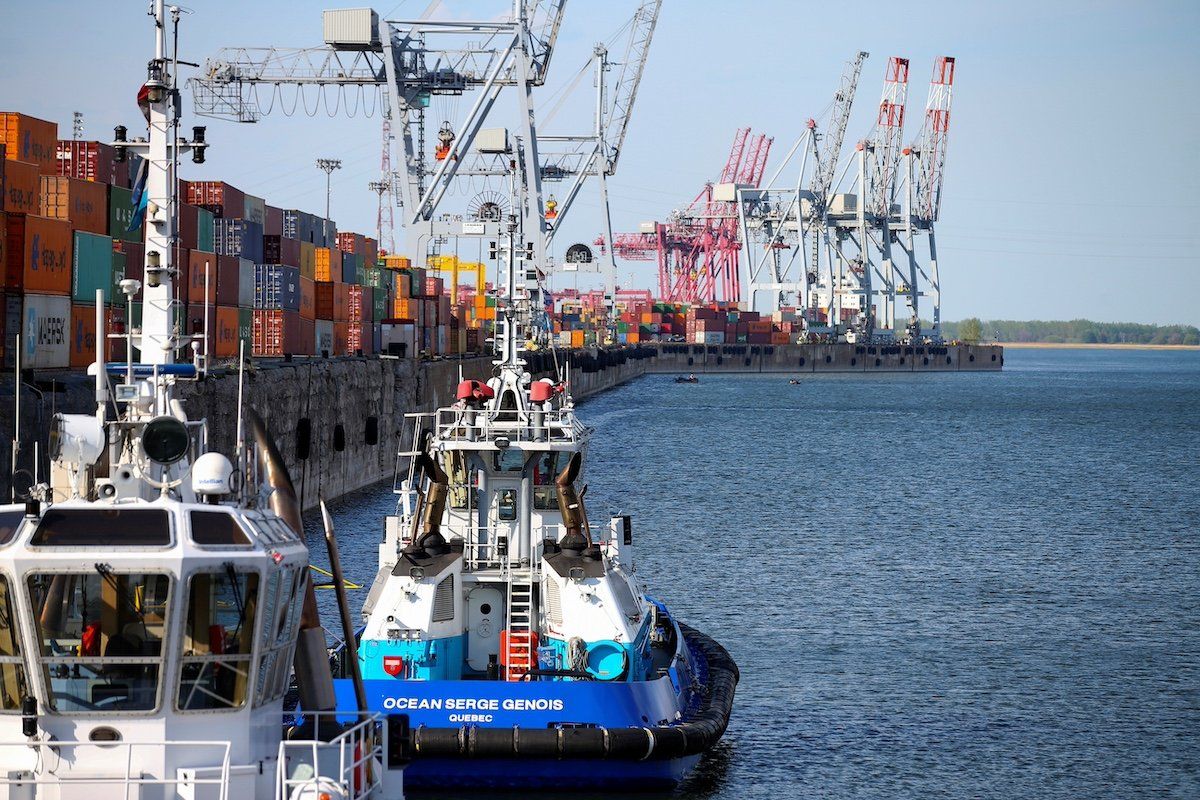Remember all those port worker strikes last year, in both Vancouver and Montreal? Well, while they’ve resolved their issues out West, port workers in the “City of Festivals” have not met their Dec. 31 deadline to reach a new labor agreement with the Maritime Employers Association.
Taking further action, however, may not be in the cards because Canada’s Industrial Relations Board is considering an MEA request to classify port workers as an “essential service.” This would force them to keep working, even during a strike, in the name of protecting public health or safety.
Negotiations have been ongoing for months as the port workers fight for higher salaries and job security. The port supports tens of thousands of jobs and economic activity worth $2.6 billion a year as over 2,000 vessels pass through it each year and roughly 2,500 trucks each day, accounting for 40 million tonnes of goods. It also enables trade between the US in Canada, which means a strike would snarl trade and compromise supply chains between the two countries.
Pressure is mounting for a deal. If the CIRB decision, which is due next month, does not classify port workers as essential, the risk of a strike will rise considerably as both Canada and the US head into 2024 hoping to avoid recessions and continue on and to normalize their economies.
